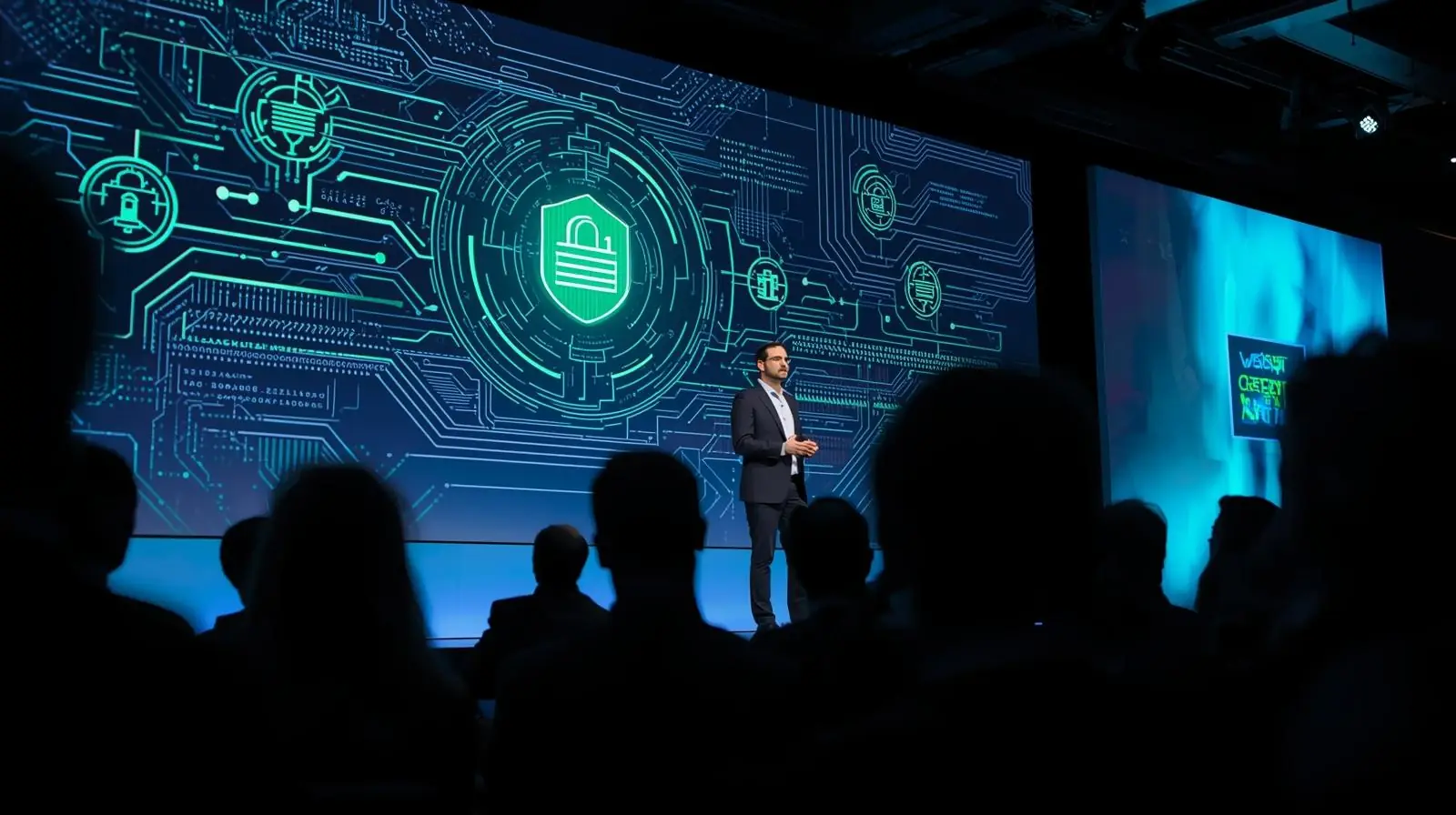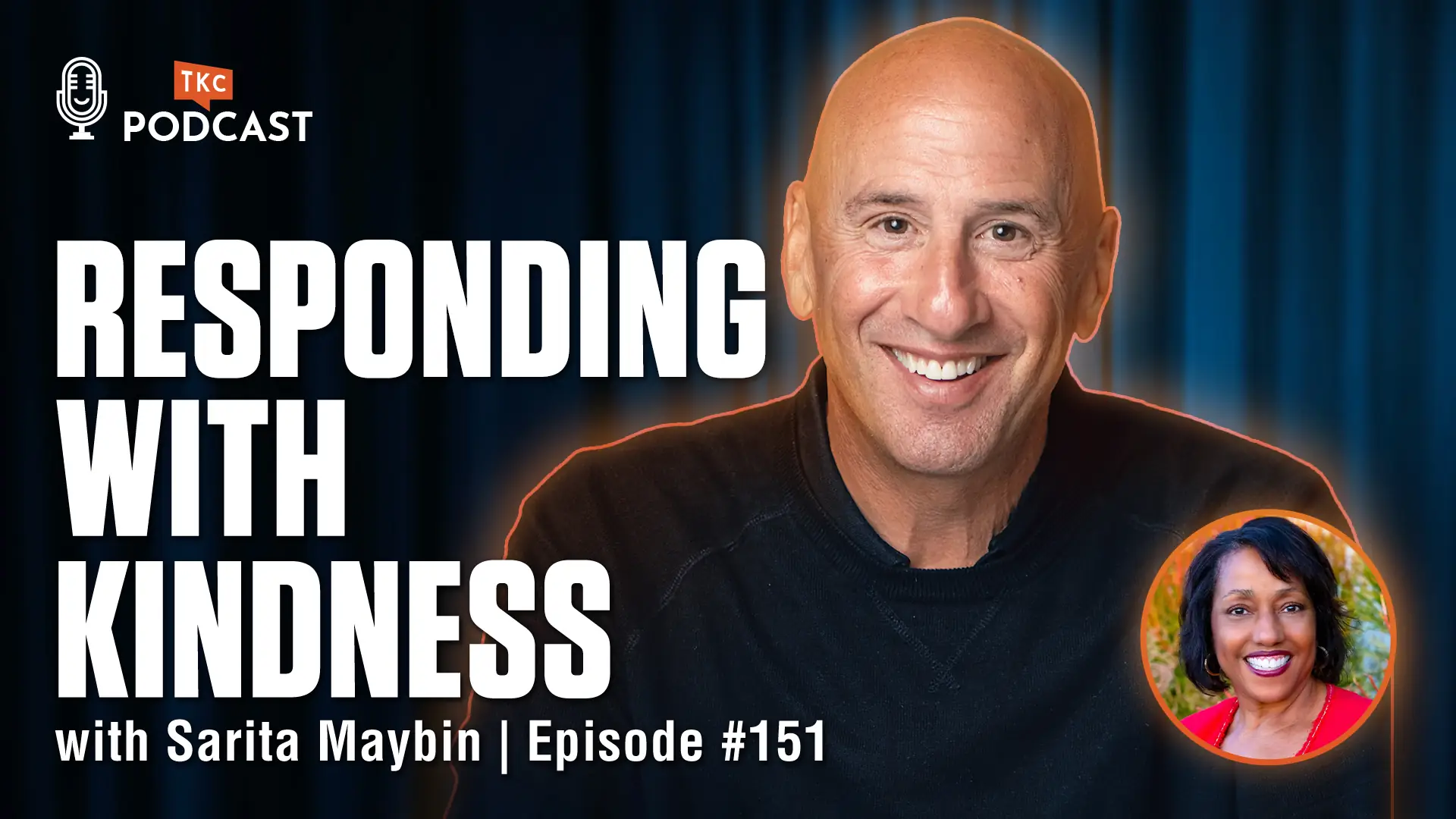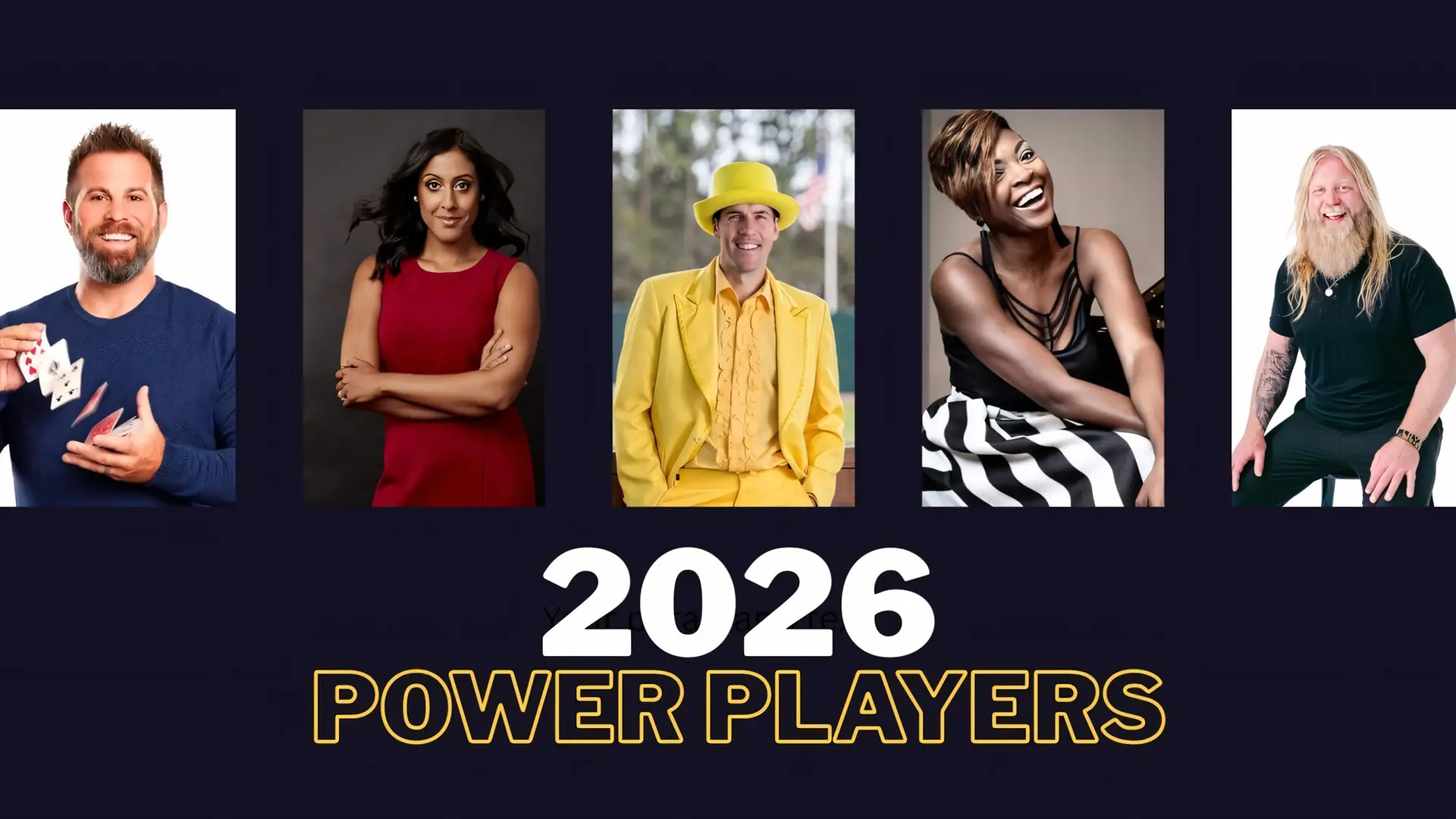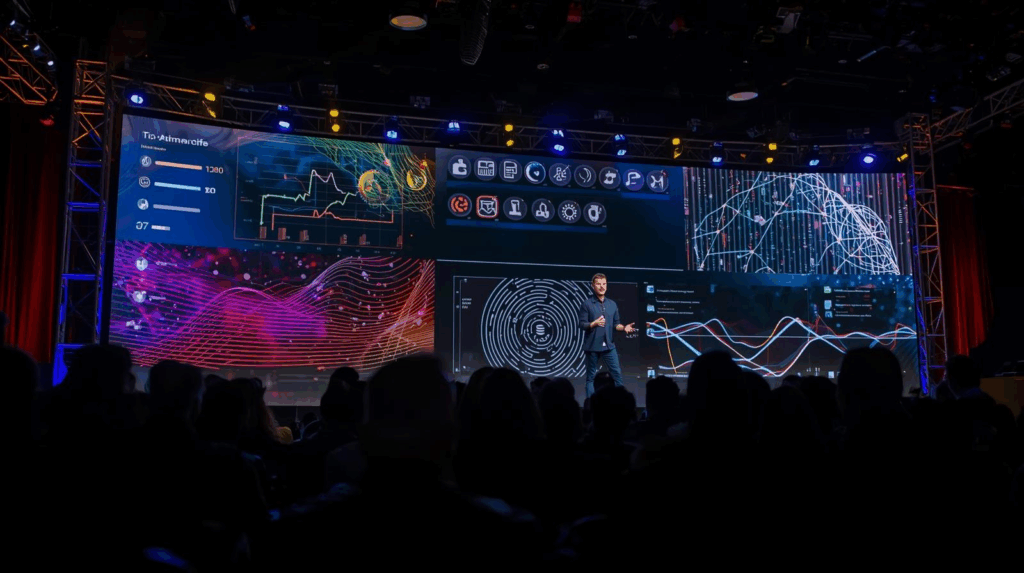
December 16, 2024Innovative Insights to Keep Your Event Attendees Engaged
Discover innovative insights and strategies to enhance attendee experience and engagement at your next event.
Engaging attendees at an event is no easy feat, especially in today’s fast-paced world where distractions abound. Between notifications on phones, conversations, and the allure of multitasking, capturing and sustaining attendee attention has become one of the most challenging aspects of event planning.
According to industry expert Courtney Mesmer, engagement is about more than flashy gimmicks or surface-level interaction. It’s about creating an experience so compelling that attendees feel genuinely connected to the event’s content, purpose, and flow. Courtney, a leader in designing attendee-focused events, is redefining how we think about attendee engagement by prioritizing the user experience and tailoring strategies to meet the unique needs of audiences.
What Makes Events Memorable?
The foundation of any successful event is understanding what makes it memorable. For Courtney, the answer lies in creating experiences that resonate emotionally with attendees. From the moment they walk into the venue to the follow-up after the event, every interaction should be thoughtfully designed.
Memorability isn’t necessarily about being the most extravagant or innovative; it’s about attention to detail. For instance, small touches like personalized registration options or well-placed confidence monitors can make a significant difference. When attendees feel that caters specifically to them, they are more likely to remain engaged and leave with a positive impression.
The Importance of Firsthand Experience
Courtney emphasizes the value of firsthand experience in understanding and improving attendee engagement. By actively participating in both professional and personal events, she gains insights from the perspective of speakers, exhibitors, and attendees.
One powerful moment Courtney recalls was attending a session on the future of events. Despite being deeply interested in the topic, she found herself checking her watch 20 minutes in. This realization highlighted the challenge of maintaining audience attention, even with captivating content. It also reinforced the need to rethink session formats, break up longer segments, and integrate interactive elements that encourage participation.
By immersing herself in the attendee experience, Courtney identifies pain points and uncovers opportunities to make meaningful improvements.
Designing for the Attendee Experience
Great event design starts with the end user in mind. Courtney is a proponent of designing events that prioritize attendee comfort and convenience. This can range from seamless registration options to thoughtful session planning that keeps energy levels high.
For example, incorporating both self-check-in kiosks and staffed registration desks allows attendees to choose the option that suits their preferences. Similarly, ensuring speakers have access to tools like confidence monitors can enhance their performance, resulting in a better experience for the audience.
The key to successful event design is balancing simplicity with innovation. Every choice should minimize friction and maximize engagement, creating an atmosphere where attendees feel at ease and fully immersed in the event.
Engagement Strategies That Work
Engagement strategies vary depending on the type of event and audience, but certain principles are universally effective. Courtney advocates for tailoring strategies to the unique dynamics of each conference while remaining flexible enough to adapt on the fly if needed.
One technique she highlights is the integration of hybrid elements. Just as airports offer the choice between kiosks and human interaction, events can incorporate a mix of digital and in-person engagement options. This flexibility ensures that all attendees, regardless of their preferences, feel included.
Courtney also stresses the importance of testing and refining strategies. Introducing a new element doesn’t have to be an all-or-nothing decision. Instead, meeting planners can experiment with small changes, such as offering interactive Q&A sessions or using mobile apps to collect attendee feedback in real time.
These incremental adjustments allow planners to gauge what resonates with attendees and make data-informed decisions for future events.
The Power of Speaker Confidence
Speakers are a critical component of any event, and their confidence can significantly impact engagement. Courtney learned this firsthand after delivering a keynote at a major industry conference. Her experience underscored the importance of providing speakers with the tools they need to succeed.
Confidence monitors, for example, can make a huge difference by allowing speakers to stay on track without breaking eye contact with the audience. These simple yet effective tools demonstrate that even small changes in conference design can have a ripple effect on overall attendee satisfaction.
Supporting speakers isn’t just about boosting their performance—it’s about creating an environment where they feel valued. When speakers are confident and comfortable, they deliver better presentations, which in turn enhances the audience experience.
Real-World Success Stories
Courtney’s approach to attendee engagement is grounded in real-world applications. She often experiments with innovative techniques at her own events and observes their impact firsthand.
For example, she once introduced a session format that alternated between TED-style talks and interactive fireside chats. This approach broke up the monotony of traditional presentations and kept the audience actively engaged. Attendees responded positively, citing the variety as one of the event’s standout features.
Another success story involved rethinking the registration process. By offering attendees the option to pre-select breakout sessions during registration, Courtney streamlined the event’s flow and reduced confusion on the day of the event. These changes not only improved the attendee experience but also highlighted the importance of planning with the audience’s needs in mind.
Balancing Innovation with Practicality
While innovation is essential for keeping events fresh and exciting, it’s equally important to ensure changes are practical and align with the event’s goals. Courtney recommends starting small and building gradually.
For instance, rather than overhauling an entire event, planners can introduce one new element at a time, such as gamified engagement tools or immersive breakout sessions. This allows them to evaluate the effectiveness of each innovation without overwhelming attendees or straining resources.
Innovation doesn’t have to mean reinventing the wheel. Sometimes, it’s about making small, thoughtful changes that have a big impact on the overall attendee experience.
The Art of Making Events Memorable
Engagement isn’t just about holding attention—it’s about creating moments that matter. For Courtney Mesmer, the secret to unforgettable events lies in designing with empathy, experimenting with new ideas, and keeping the attendee at the heart of every decision.
By combining thoughtful planning with innovative techniques, meeting professionals can create experiences that captivate audiences, inspire participation, and leave a lasting impression. Whether it’s through seamless registration, empowering speakers, or reimagining session formats, every detail contributes to the overall success of an event.
As Courtney says, “Not everything has to be reinvented; sometimes small changes make a big difference.” By embracing this mindset, you can transform your next conference into a truly engaging and memorable experience.
? Watch the full interview here
?️ Want to discuss? Schedule a time here
✉️ Get in touch: info@thekeynotecurators.com
Discover More Insights
Get in TouchContact US
Fill out the form so we can best understand your needs.
A representative from The Keynote Curators will reach out to you.








